These 5 Animal Species Are Known for Not Being Bright, and We're Here to Bust Those Myths
Published Sept. 28 2023, 9:27 a.m. ET

The animal kingdom is full of many fascinating creatures. Orangutans, elephants, and dolphins are known for being some of the most intelligent animals on the planet. And then there are those that aren’t known for being too bright.
However, we're here to bust that misconception, and share why these five animal species are known for being unintelligent — and why they're actually all quite smart, resourceful, and astute. These five species deserve the same respect and compassion as all other creatures, and hopefully this article helps bust some undeserved myths!
1. Koalas
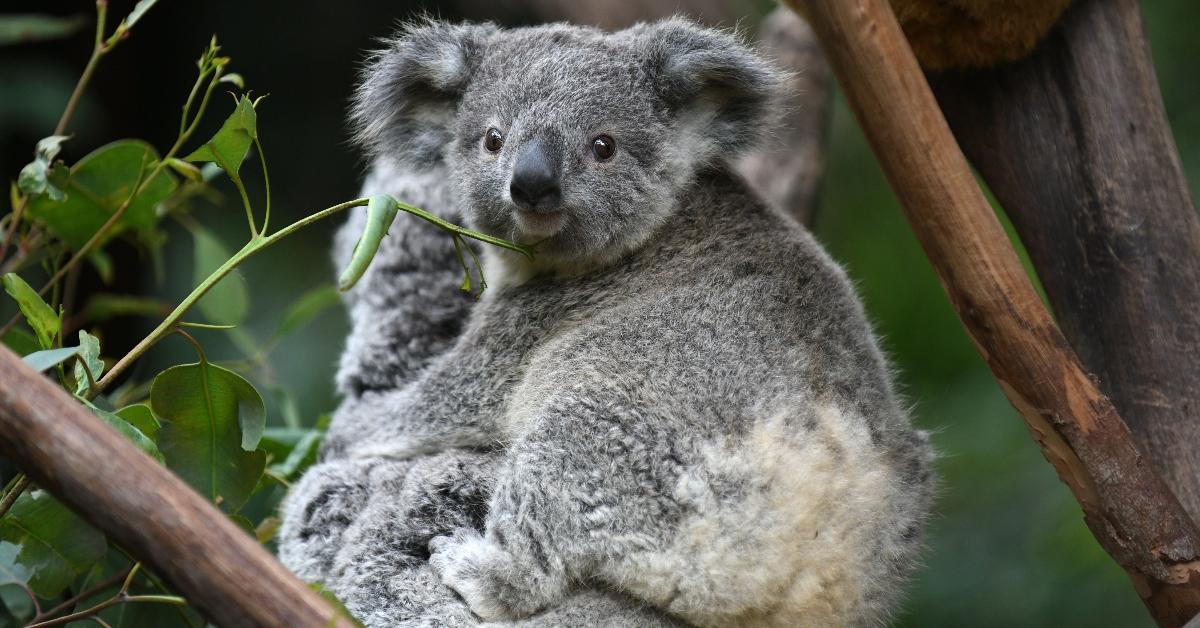
There's a myth that koalas aren't too bright, because they have a low brain to body mass ratio, and because their brains are "smooth," according to Animals FYI.
However, this myth isn't all true. According to a 2016 study conducted by Griffith University in Australia, these Australian marsupials are much smarter than they seem. The researchers "tracked the Australian animal more comprehensively than ever before," and concluded that "koalas are more clever than they thought."
"Can you teach koalas new tricks? You can, that's the point. I was the first skeptical person to say they're not that smart," stated co-author Professor Darryl Jones.
2. Sloths
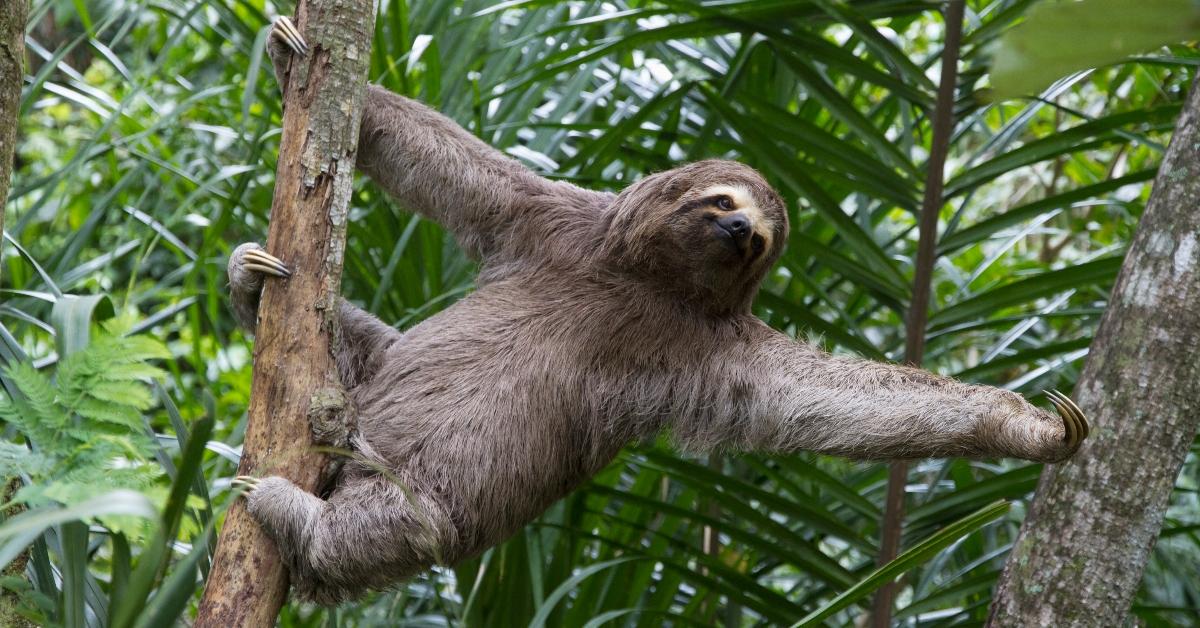
Sloth, who spend most of their time hanging in trees in Central and South America, are another adorable animal often perceived as unintelligent. This is due to their slow, laid-back lifestyle, which makes them seem lazy, according to A-Z Animals.
However, according to National Geographic, "sloths may be slow, but they're not stupid."
As per the Sloth Conservation Foundation, though sloths have small brains in relation to their body size, recent scientific research has found that brain size doesn't actually affect intelligence. Plus, sloths' brains are are highly focused on the skills that they need to survive in the wild, such as controlling their limb's movements and spatial memory.
3. Turkeys
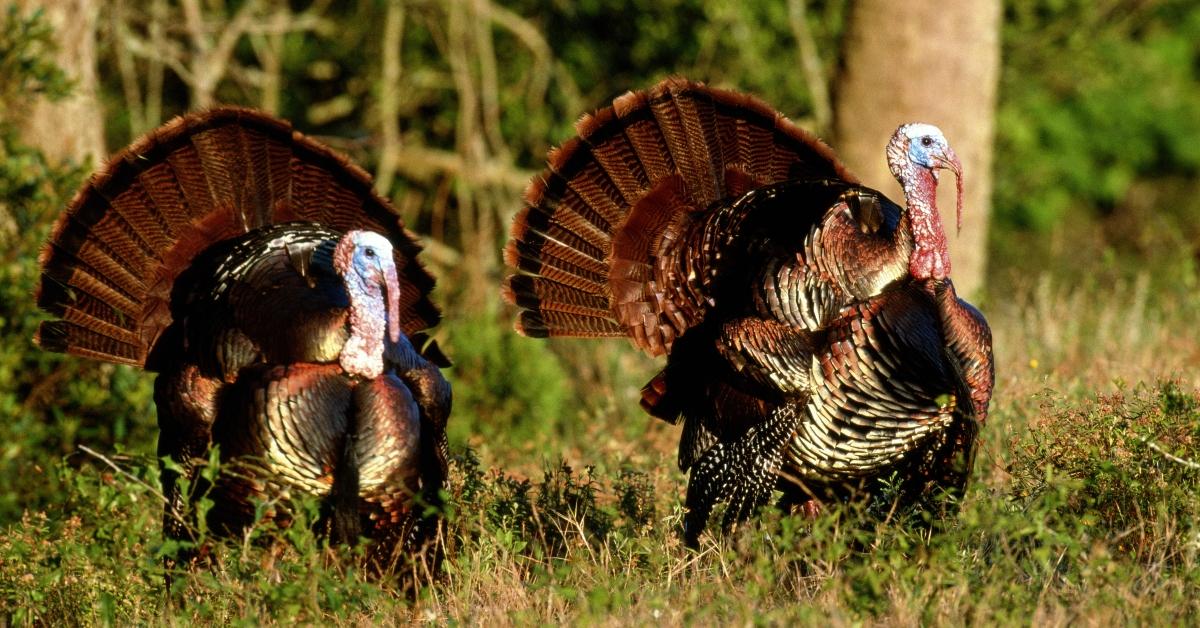
Turkeys are another animal often regarded for being less than intelligent. However, this is misconception based on ridiculous myths, like one that turkeys tend to drown by looking up in rainstorms (something that fact-checking site Snopes found to be false).
A 2021 piece by Matthew Rozsa for Salon, published in honor of Thanksgiving, set out to dispel this fiction by speaking with ornithology experts.
For instance, animal behaviorist Alan Krakauer told Salon that turkeys "can survive in all sorts of habitats, including cities, and make use of a huge range of different types of food. They have to do all this while navigating a complex social world."
And Ingrid Newkirk, president of PETA, told the news outlet that "wild turkeys are smart enough to find their way, to avoid many predators, to diligently protect their brood, to find food in the forest, and can fly up to 55 miles per hour and run up to 25 miles per hour."
Overall, Rozsa concluded that eating turkeys for Thanksgiving is "illogical to do so on the grounds that turkeys are somehow too stupid to have lives that even matter."
4. Pandas
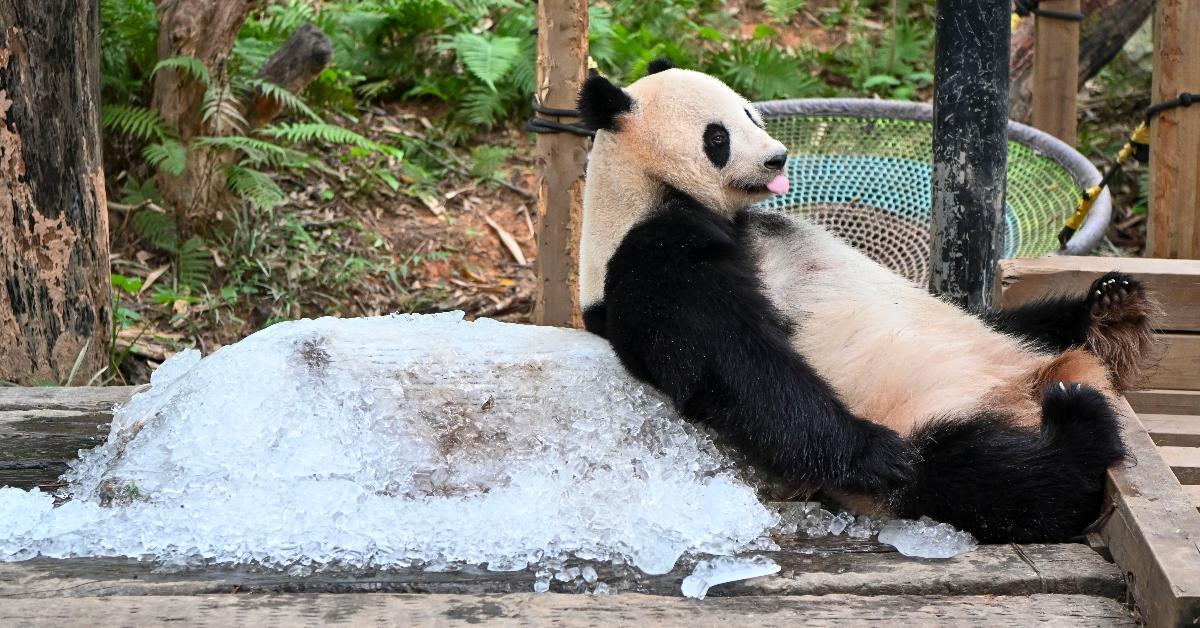
There are rumors that pandas are unintelligent — perhaps stemming from a viral 2010 story of a mother panda accidentally crushing her newborn to death. However, pandas are highly intelligent creatures.
According to the WWF, giant pandas use their distinct black-and-white coats to help camouflage themselves in various habitats; mother pandas usually maintain physical contact with their cubs for close to 100 percent of the time in their first month of life; and pandas are brilliant swimmers and tree climbers.
5. Lemmings
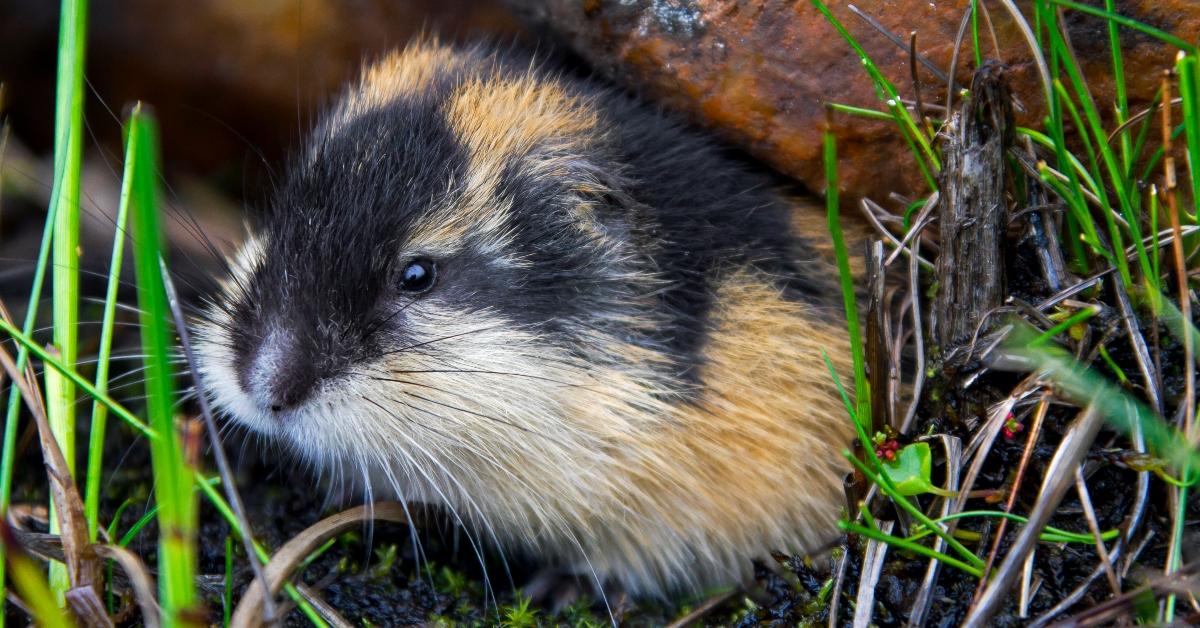
Many people are under the false impression that lemmings are unintelligent for regularly committing mass suicide by jumping off seaside cliffs. However, those mass suicides are a myth perpetrated by a 1958 Disney documentary called White Wilderness, according to the Alaska Department of Fish and Game. And as noted by Business Insider, this part of the doc was faked.
The myth is also partially been based on an something that lemmings actually do every few years, when their local lemming population increases, due to high reproductive rates. As explained by Britannica, when this happens, groups of lemmings will migrate elsewhere to find a new place to live, and when they cross water, a few lemmings usually drown — and this is not at all suicide.
That said, Business Insider notes that lemmings are actually generally pretty good swimmers.